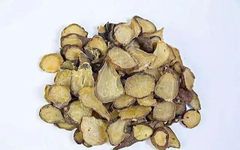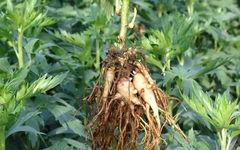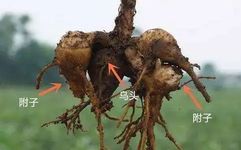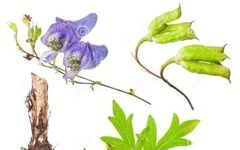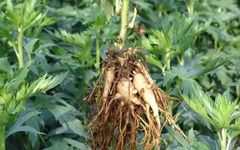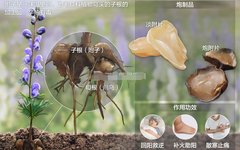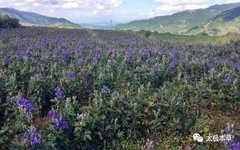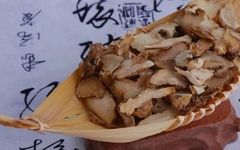Research on the Use of Traditional Formulas with Fuzi (Aconite)
Fuzi (Aconite) is first recorded in the “Shennong’s Classic of Materia Medica” as a lower-grade herb, stating, “Fuzi, with a pungent and warm flavor, is indicated for wind-cold cough, warming the middle, treating traumatic injuries, masses, blood stasis, cold-dampness causing weakness and spasms, knee pain, and inability to walk.”“Bielu” adds, “It is sweet, very hot, … Read more


